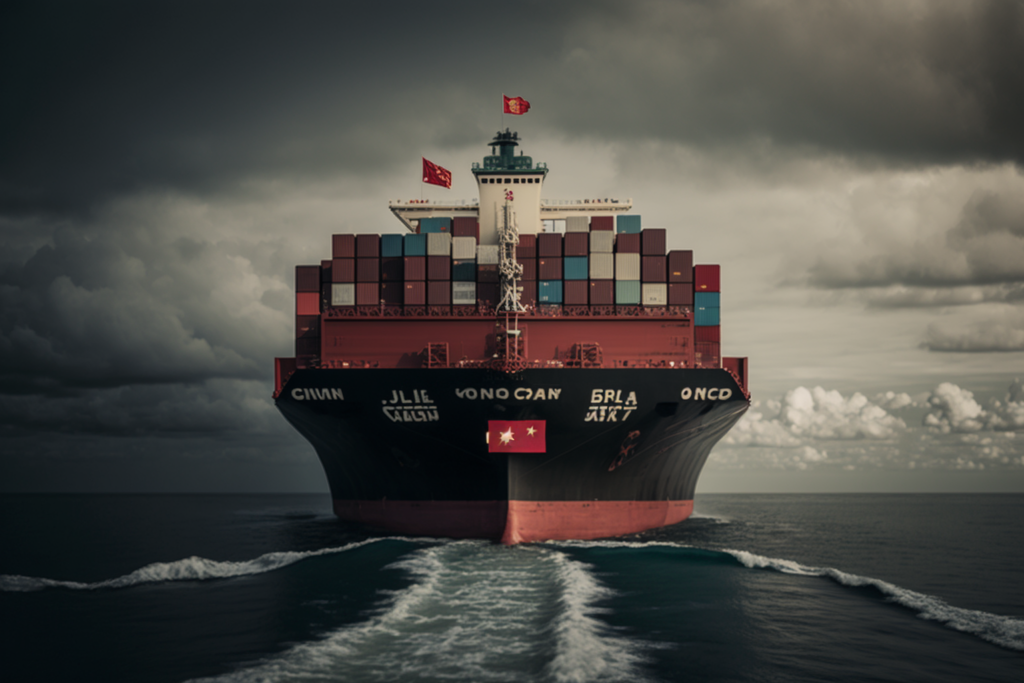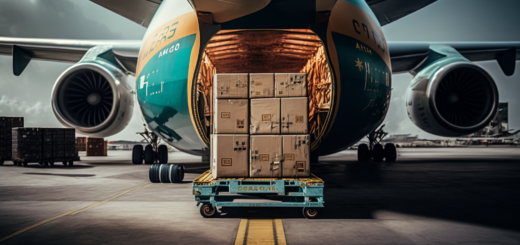Must-Know Regulations for U.S. Companies Exporting Goods to China

Exporting goods to China presents a unique set of challenges for U.S. companies. The Chinese government has implemented a wide range of regulations and laws in order to protect their domestic market and ensure that foreign business is conducted in a fair and equitable manner. As such, U.S. companies must be aware of the relevant regulations and laws before engaging in any export activities to China. This article will discuss some of the must-know regulations for U.S. companies exporting goods to China.
Understanding China’s Customs and Tariff Regulations
China’s customs and tariff regulations are some of the most important laws that U.S. businesses must be cognizant of before sending goods to China. The Chinese government is quite stringent in its enforcement of its customs and tariff regulations, so U.S. companies need to ensure that they are compliant. Generally, all goods entering China must be declared to the Chinese customs authorities and be subject to import taxes which depend on the type of goods and the source nation. Moreover, there are special taxes for certain items, including luxury items and those that are subject to restrictive import quotas.
Apart from the taxes, goods entering China must also meet certain import regulations. For example, there are precise labeling and packaging conditions that must be met, and some goods may require inspection before being admitted into the country. It is also essential to be aware of any applicable trade agreements, such as the China-U.S. Trade Agreement, which may have an impact on the goods being imported.
Finally, it is essential to recognize the Chinese government’s anti-dumping regulations. These rules are created to safeguard domestic industry from products sold at prices below their fair market value. Companies found to be in violation of these regulations may be subjected to penalties and fines.
Familiarizing Yourself with China’s Export Control Laws
For U.S. companies looking to export goods to China, familiarizing yourself with the country’s export control laws is essential. China’s export control regime is extensive and has been in place for a number of years. It is designed to regulate the export of strategic goods, technologies and services from China, and to ensure that foreign trade is conducted in a fair and equitable manner.
Under Chinese law, a range of goods are subject to export controls, including military and dual-use items, chemicals, biological agents, related technologies and services. Companies must obtain an export permit from the Chinese government in order to export any of these goods to China. Companies must also comply with the Export Control Law of the People’s Republic of China and the Regulations on the Control of Export of Goods and Technologies. These regulations require that companies provide detailed information about the goods, including their value and destination, as well as the name and contact details of the exporter.
Companies must also comply with the Export Control Law of the People’s Republic of China when engaging in foreign technology transfer activities, such as joint ventures and the transfer of intellectual property. Obtain an export license from the Chinese government before engaging in any such activities. Companies must also comply with the Regulations Concerning the Administration of Technology Export Control, which contains a list of prohibited activities related to the export of technology.
Finally, companies must ensure that all of their exports comply with U.S. export control laws. Companies must ensure that all exports from the U.S. to China comply with the Export Administration Regulations (EAR) and International Traffic in Arms Regulations (ITAR).
Adhering to China’s Product Standards and Certification Requirements
When exporting goods to China, U.S. companies must adhere to China’s product standards and certification requirements. These requirements are in place to ensure the safety and quality of products entering the Chinese market, and failure to comply could result in hefty fines or revocation of export rights. In order to stay compliant, U.S. companies must obtain the relevant certification for their products, such as the China Compulsory Certificate (CCC), which is a mandatory certification for products sold in China.
In addition, U.S. companies must ensure that their products meet the requirements of China’s technical regulations and standards. The Chinese government has put in place a wide range of industry-specific standards, such as electrical safety standards, environmental protection standards, and food safety standards. U.S. companies must ensure that their products meet these standards before exporting to China.
Finally, U.S. companies must be aware of labeling requirements. All products exported to China must be labeled in Chinese, and must include detailed information such as product specifications, ingredients, instructions for use, and any relevant warnings. Failure to comply with labeling requirements can result in penalties or confiscation of the goods.
Overall, U.S. companies must be aware of China’s product standards and certification requirements before engaging in any export activities to China. Adhering to these regulations is essential for companies to remain compliant and avoid penalties. Also, we advise you to read our comprehensive guide to trading rules.
FAQ
The main types of pollution in China include air pollution, water pollution, and soil pollution. Air pollution is caused by emissions from factories and vehicles, while water pollution is caused by the discharge of wastewater and chemicals into rivers and lakes. Soil pollution is caused by the improper disposal of industrial waste and hazardous materials.
The Chinese government has implemented a number of measures to reduce pollution. These include the development of environmental protection laws and regulations, the establishment of environmental protection agencies, increased investment in green technology, and the promotion of public awareness campaigns.
Companies can face a range of penalties if they fail to comply with China’s pollution regulations. These include fines, the suspension of business operations, and the revocation of business licenses. In some cases, companies may even be subject to criminal prosecution.

